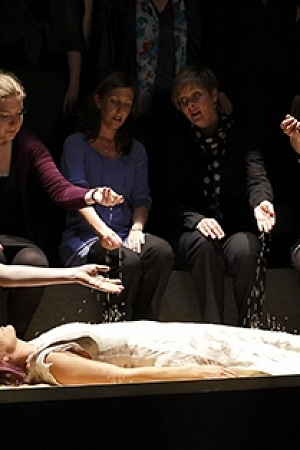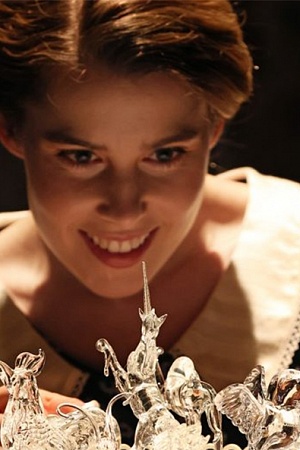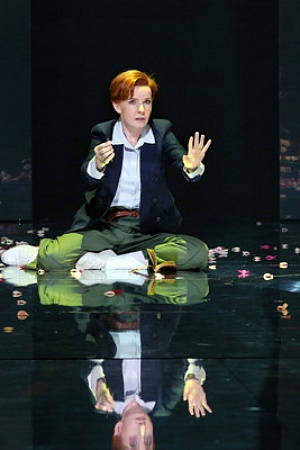Apologia (Trafalgar Studios) ★★★
Kristin is a renowned art historian who has built a glittering career in the face of misogyny, developing an expertise that spans Renaissance frescoes and African tribal headdress. All the while she has remained true to the ideals of her activist youth: anti-establishment, anti-capitalist, anti-war, anti-religion, and feminist.
She is also a horrible mother. Her just-published memoir misses no detail of her professional life, yet fails to mention her sons. Peter is an investment banker with a specialty for lopsided deals with vulnerable developing nations. Simon is a depressed, failed author. Both resent Kristin for abandoning them as children to their father, seeming to choose professional glory over maternal responsibility. Neither, it seems, has ever shared their feelings with their mother.
Continue reading for only $10 per month. Subscribe and gain full access to Australian Book Review. Already a subscriber? Sign in. If you need assistance, feel free to contact us.











Leave a comment
If you are an ABR subscriber, you will need to sign in to post a comment.
If you have forgotten your sign in details, or if you receive an error message when trying to submit your comment, please email your comment (and the name of the article to which it relates) to ABR Comments. We will review your comment and, subject to approval, we will post it under your name.
Please note that all comments must be approved by ABR and comply with our Terms & Conditions.